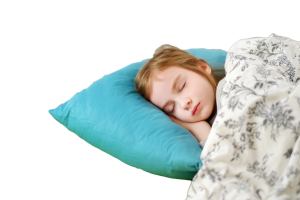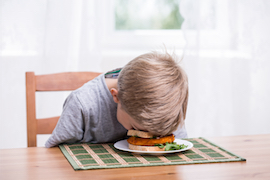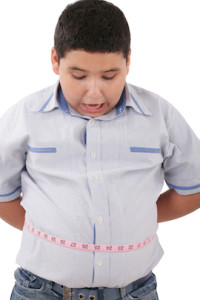It is one thing for adults to suffer from snoring or sleep apnea, but what about our children? Children can develop sleep apnea, but the difference is it is more harmful to children than adults. This is because children have smaller lungs, which means they have less oxygen in reserve. As a result, children take frequent, shallow breaths rather than slow, deep breaths—it causes too much carbon dioxide in the blood.
Adults may suffer from fragmented sleep where they briefly wake up after breathing stops, while children don’t do that. When this occurs, children do not wake up in response to the pauses in breathing, but have a higher “arousal threshold” than adults, so their sleep patterns are normal with sleep apnea. To help children with snoring and sleep apnea in Scottsdale, Dr. Sara Vizcarra and her team can provide proper treatment.



